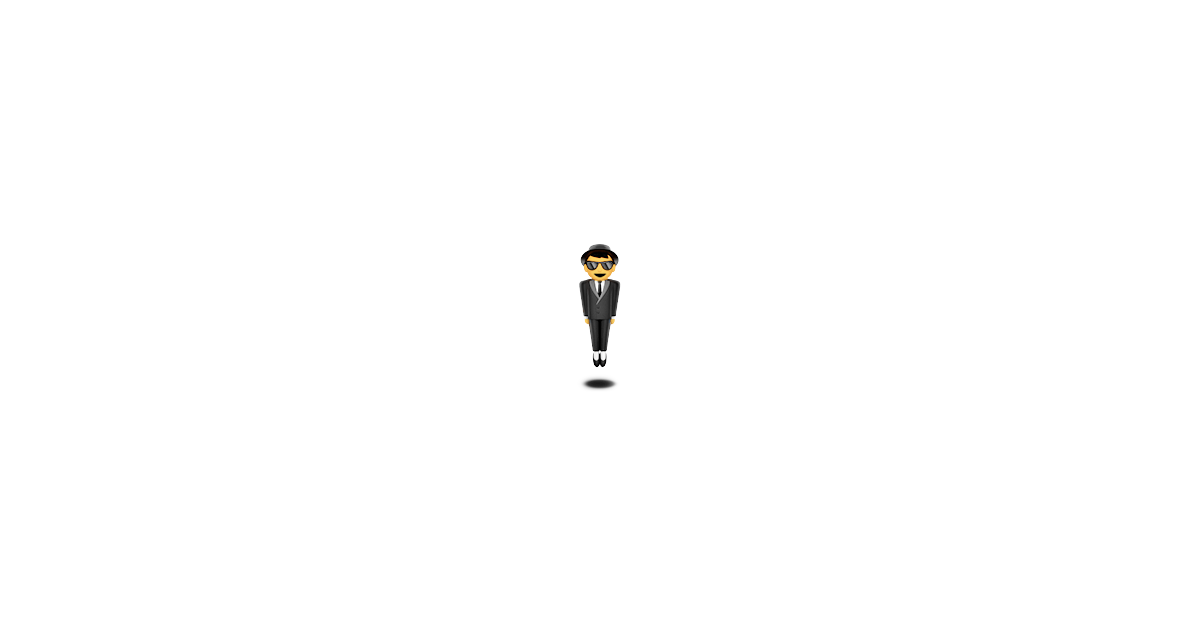We’re now in October, and as predicted, I feel like I’m getting chewed up and spit out of 2019. I go through every January with a sense of rejuvenation, intention to get through the year at my pace this time. But I’m starting to realize that that’s the problem…my pace is a sprint.
Even the notion of one day growing old and wise enough to truly appreciate the present moment is a daunting task, a plan for the future that seems like I need to pass through countless obstacles in order to get to. In my attempts over the past few years to act like an adult, manage my life, and stop being in a position of being blind-sighted by everything because I didn’t think ahead, I’ve now trained myself to only know how to plan. I sit on planes searching for flight prices for my next trip. I look up dinner spots while eating lunch. This month, I’m applying for grants while just weeks away from the big project I’ve been working on for years. No wonder I’m riddled with anxiety – if anxiety is about being on edge about the unknown, I’ve propped myself up in the most uncomfortable position of perpetually leaning forward. So how do I lay back?
I don’t know if I’m forever trolling myself by believing that all I really want out of a perfect day is a morning where I’m able to meditate, stretch, write, and sip my coffee slowly – these are all the first things that I throw out the window when I open my eyes and reach for my phone. I’m telling myself that this will all be over after this project, after this month. I don’t really feel great about posting this after so many months of silence but tbh this basically sums up how I’ve been feeling all summer. Hoping for some ease. Actually, trying to stop hoping, longing, awaiting, anticipating, and just trying to be herenow.


